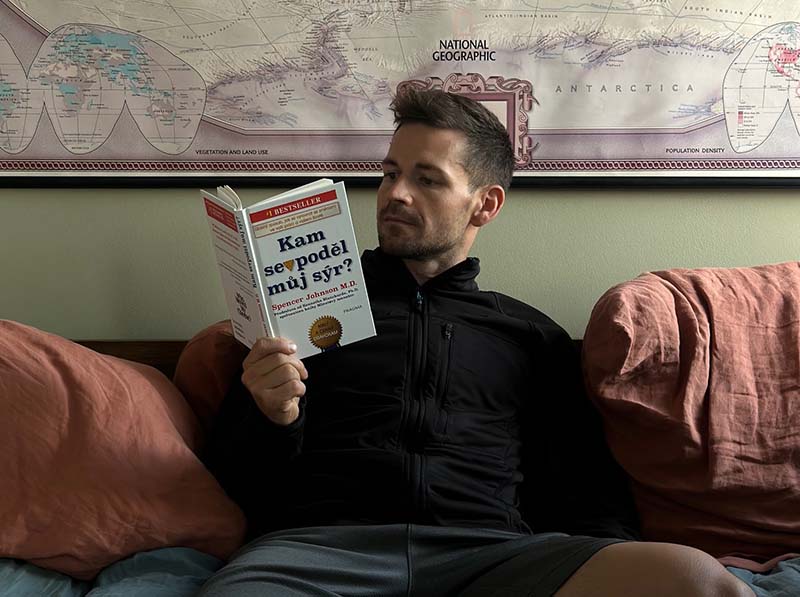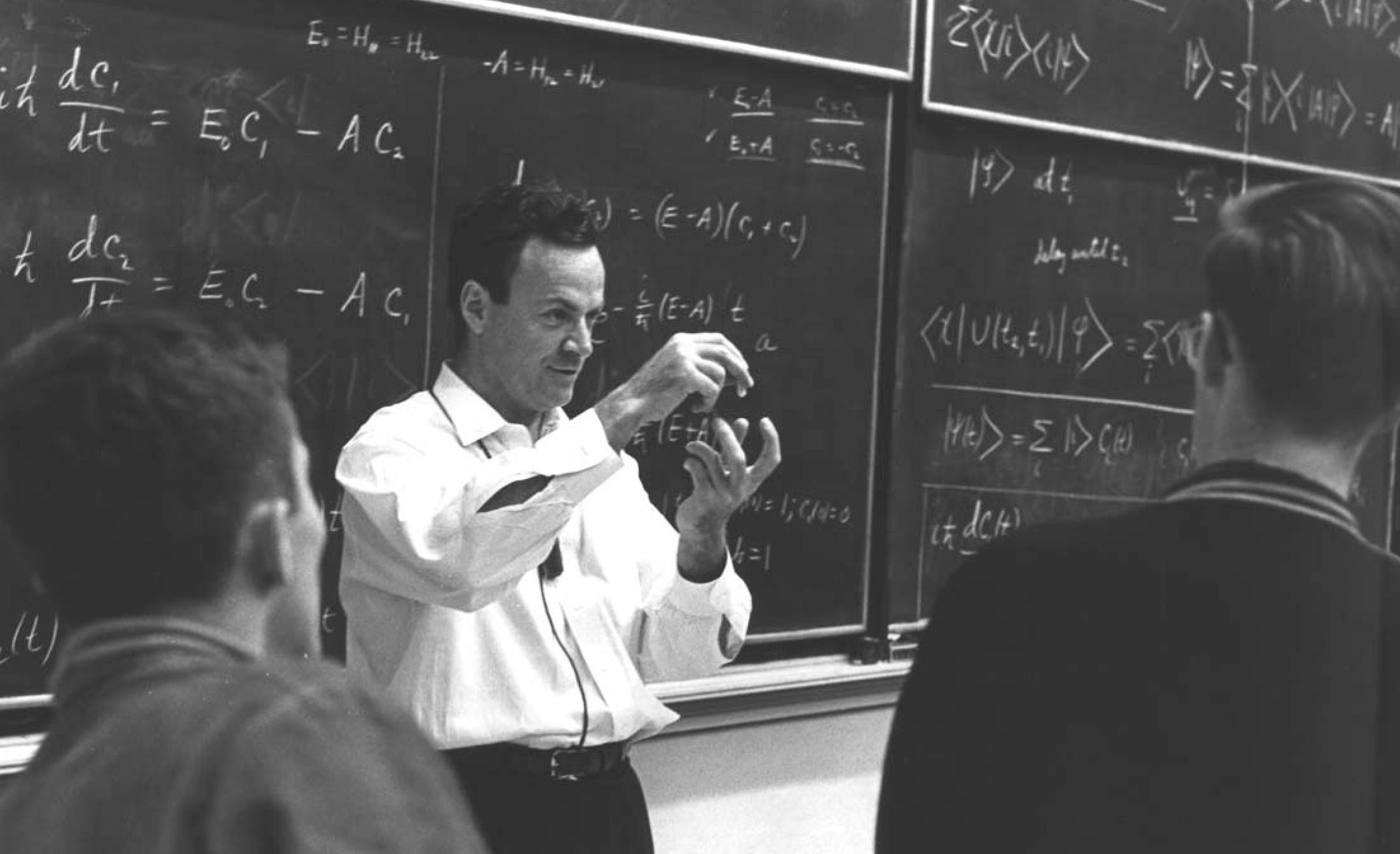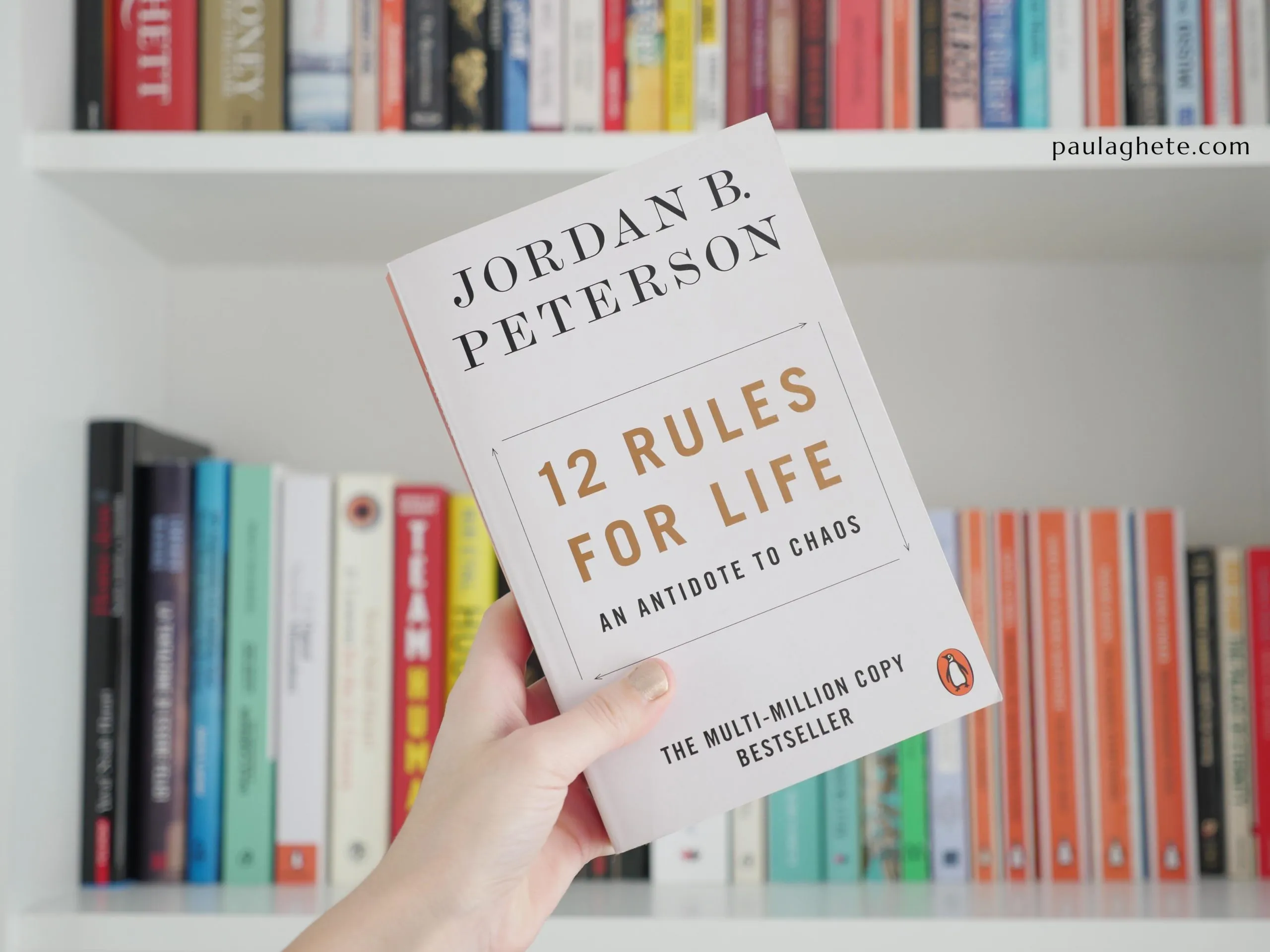Letting go of the familiar is difficult, but crucial for growth and improvement. The quicker you let go the old things, the sooner you can cultivate new skills and build a better tomorrow. When you change your beliefs, you can change what you do and thus change your outcomes.
The story takes place in a Maze where four characters look for “Cheese” to nourish them. The cheese is a metaphor for what we want in life and the characters, two mice and two Littlepeople represent the simple and the complex human behaviours.
The mice rely on simple trial and error method for finding the cheese, while the little people use their complex brain to develop sophisticated strategies for finding it. As in life, their beliefs and emotions often cloud over how they look at things, which often makes their life in the maze complicated and challenging.
One day, both mice and the Littlepeople find their favorite kind of cheese. The mice quickly establish a routine and every day wake up early and race to the cheese. In the beginning, the Littlepeople also race to the cheese, but over time, they get comfortable and start to arrive later and later, confident that the cheese will always be there.
One morning, the cheese is gone. The mice are not surprised, as they were noticing the supply of cheese getting smaller every day. For them, the problem and the solution were simple. The situation with cheese has changed, so they decided to adapt and set of to find new cheese.
The Littlepeople refuse to accept that the cheese is gone and see it as injustice. One of them suggests a search for new cheese, but his proposal is rejected.While they dwell about the injustice, grow frustrated and blame each other for their situation, the mice go further into the maze and discover the biggest store of cheese they have ever seen.
The Littlepeople keep living in denial, growing weaker from the hunger.
Finally, one of them laughs at himself, realizing that they both kept doing the same things again and again, wondering why things don’t get better.
Knowing he is finally able to laugh at himself, let go and move on, he enters the maze. Before he leaves, he writes a reminder for his friend on the wall: “If You Do Not Change, You Can Become Extinct”
During the next days, he finds a little cheese, but nothing that lasts very long. Looking back on things, he realizes that the cheese had not just disappeared overnight, as he had once believed. Instead, the amount of cheese that had been there toward the end had been getting smaller, although he had been in denial about what was coming.
He decides he will stay more alert and expect change to happen. He will start to trust his basic instincts to sense when change will occur and adapt as necessary.
He even goes back for his friend, bringing him the little cheese he has found. But his refuses: “I don’t think I would like the new cheese. It’s not what I’m used to. I want my own cheese back, and I’m not going to change until I get what I want.”
He returns to the maze, feeling stronger than ever, knowing he’s no longer going to let fear rule his life. One day, he discovers new cheese station, full of different varieties of cheese and meets his mice friends.
After eating, he considers returning to his friend to see if he can show him how to change. Realising he has already tried and that his friend has to overcome his fear and find his own way. No one else can do it for him or talk him into it.
So instead, he finds the largest wall in the new cheese station and write what he has learned:
- Change Happens. They Keep Moving The Cheese.
- Anticipate Change. Get Ready For The Cheese To Move.
- Monitor Change. Smell The Cheese Often So You Know When It Is Getting Old.
- Adapt To Change Quickly. The Quicker You Let Go Of Old Cheese, The Sooner You Can Enjoy New Cheese.
- Change. Move With The Cheese.
- Enjoy Change! Savor The Adventure And Enjoy The Taste Of New Cheese!
- Be Ready To Change Quickly And Enjoy It Again. They Keep Moving The Cheese.
Key Questions and Takeaways From the Book:
There’s a difference between activity and productivity.
“What would I do if I wasn’t afraid?”
Fear that you let build up in your mind is far worse than the situation that exists.
“Taking action is key. Moving in a new direction can free you.”
Getting out of your comfort zone makes adapting to change easier. Moving past fear is freeing.
Quicker you let go of the old thing, the sooner you find the new thing.
When you change what you believe, you change what you do.
The fastest way to change is to laugh at your own folly—then you can let go and quickly move on.
You have to find your own way, beyond your comforts and past your fears. No one else can do it for you, or talk you into it. You have to see the advantage of changing yourself.
It’s safer to be aware of your real choices than to isolate yourself in your comfort zone.
Continue to explore and grow! Even when things are good.



